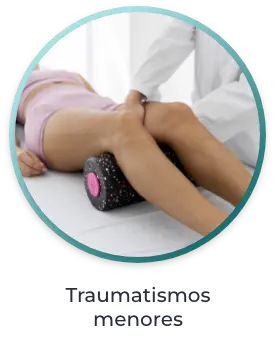
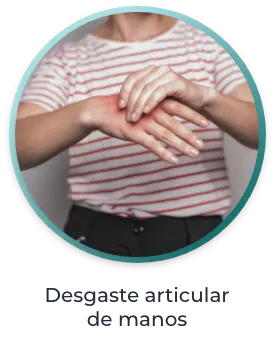
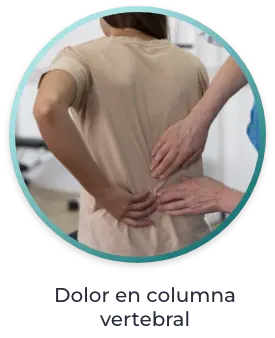
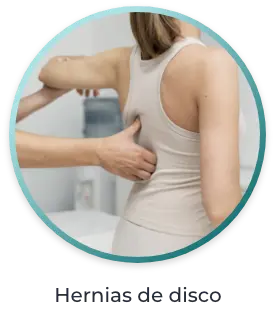

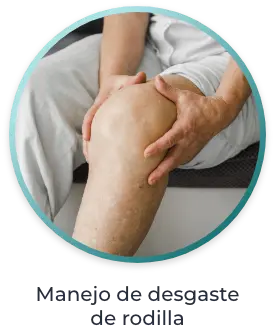

We put the following contact form at your disposal. Please let us know your questions or comments. One of our advisors will contact you shortly.
Somos una clínica especializada en tratamientos faciales diseñados para realzar tu belleza natural y ayudarte a verte y sentirte mejor.
Horario: Lunes – Viernes 8am – 8pm
Sábado: 8am – 4pm
Teléfono: 33 1991 1572
Correo electrónico: hola@neorigen.com